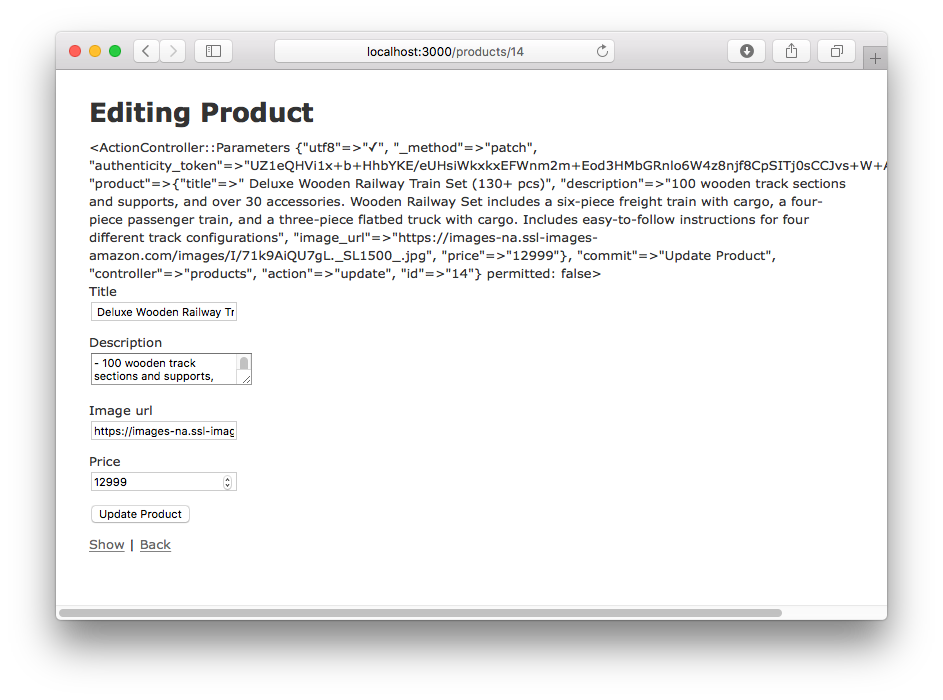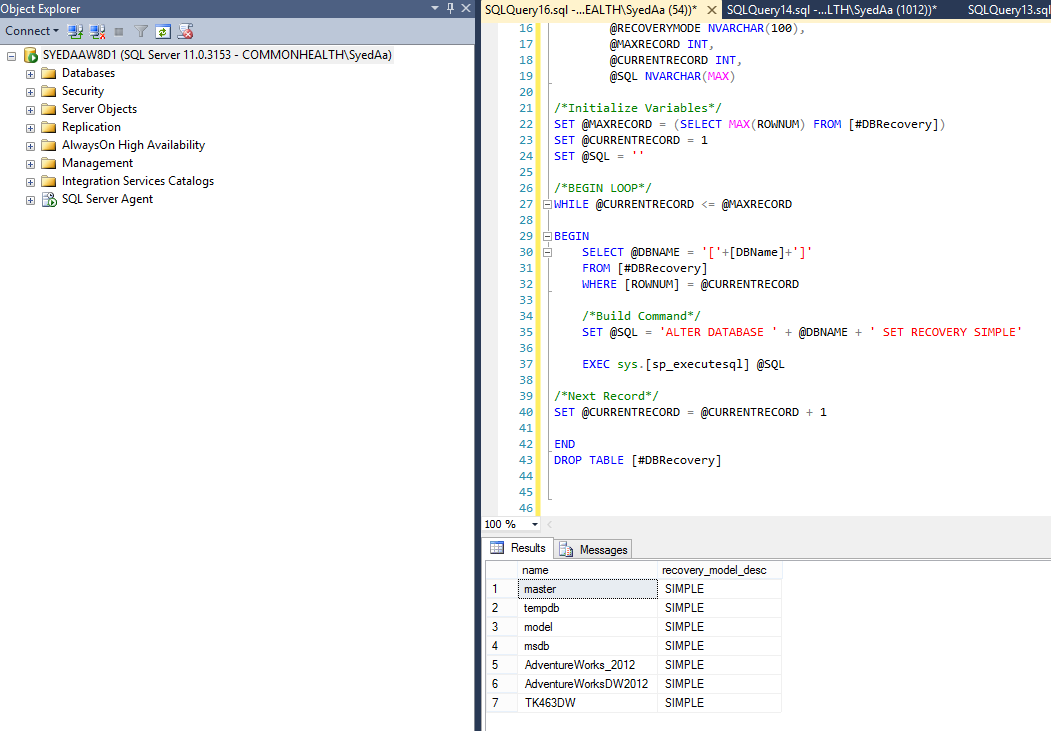Ruby Print Variable Content

The ruby print function is used to display output on the screen.
Ruby print variable content. Print 123 the next time you print something it will be one the same line as your last message. Here is an example. The destination of output for kernel print and kernel printf. A variable in ruby can be distinguished by the characters at the start of its name.
Here s how it works. To store a string in a variable define the variable name and assign the string s value. Ruby arrays are objects and they provide the each method for working with elements. Usr bin ruby f file open stones txt while line f gets do puts line end f close the example opens a file called stones txt and print its contents line by line to the terminal.
Variables are a named reference to a place in the computer s memory. The print statement is similar to the puts statement. The puts function also displays output. For each element in the sharks array ruby assigns that element to the local variable shark.
Getting started with ruby string formatting. Note that print does not do the same. The string or integer value to be printed is passed as an argument to this function. Instance variables begin with commat.
If you don t want a newline then use print. Note in ruby you can access value of any variable or constant by putting a hash character just before that variable or constant. Global variable in class1 is 10 global variable in class2 is 10 ruby instance variables. Puts 123 puts 456 puts 789 123 456 789 every message has its own line.
The only difference is that the puts statement goes to the next line after printing the contents whereas with the print statement the cursor is positioned on the same line. To use printf you have to define a list of format specifiers and a list of variables or values. The default mode is a read mode. Print 123 print 456 print 789 123456789 but if you use puts.
There s no restriction to the length of a variable s name with the exception of the heap size. These are contents of capturing groups for regular expression matches. F file open stones txt we open a stones file. We can then print the element s value using puts.
My string this is my string then to retrieve the value use the variable s name. You use variables to store data and retrieve it later. Usr bin ruby str hello ruby putc str this will produce the following result h the print statement. However puts automatically inserts a newline at the end of the line being printed.
Puts also treats arrays in a different way. The stones file contains nine names of valued stones each on a separate line.














































